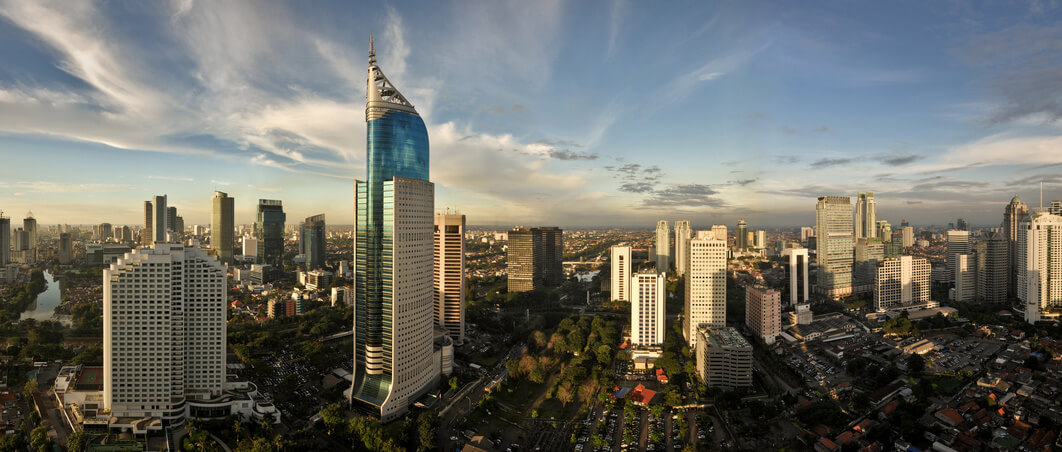
primer domain was triggered too early. This is usually an indicator for some code in the plugin or theme running too early. Translations should be loaded at the init action or later. Please see Debugging in WordPress for more information. (This message was added in version 6.7.0.) in /home/ikq167bdy5z8/public_html/propertyresourceholdingsgroup.com/wp-includes/functions.php on line 6114
On 28 May, the Ministry of Trade (MOT) issued a more comprehensive regulation on post-border import by enacting MOT Regulation No. 51 of 2020 on Post-Border Import Inspection and Supervision (‘MOT Regulation 51‘). When Regulation 51 comes into effect on 28 August, the 2018 post-border import supervision policy[1] will no longer prevail.
The following are some key developments under MOT Regulation 51:
The government is aiming to facilitate importers by simplifying the procedure to pass the post-border zone. To balance such relaxation, MOT Regulation 51 imposes stricter sanctions and stipulates more thorough provisions on the MOT’s supervision and inspection of imported goods that have passed the customs at the entry point.
Under the 2018 post-border import supervision policy, importers must provide a self-declaration statement letter, which mentions that they comply with the relevant import provisions and contains the Import Declaration (‘PIB‘) number. With the issuance of MOT Regulation 51, a self-declaration statement letter will no longer be required. Instead, importers must ensure that their PIB includes (i) the number and date of the surveyor report, (ii) the number and date of the import approval (persetujuan impor), and (iii) the quantity/volume of imported goods as set out under the importers’ import approval (collectively referred to as ‘PIB Data’).
Although a self-declaration statement letter is no longer required, substantially, the types of data (i.e., number and date of the import approval and surveyor report) that must be submitted by importers are the same types of data as previously required under the 2018 post-border import supervision policy. The difference would be the procedure. Under MOT Regulation 51, the PIB Data must now be submitted under the PIB rather than through a self-declaration letter. The PIB Data will be used as a benchmark for the MOT to determine the importers’ compliance. Therefore, although a self-declaration letter is no longer required, MOT Regulation 51 does not give importers room for noncompliance.
Moreover, it should be noted that the overall post-border policy still applies – after the goods exit the customs territory or pass the border, the relevant ministry or institution will carry out the import supervision of prohibited goods and/or restricted goods.
MOT Regulation 51 stipulates technicalities regarding the MOT’s authority to inspect and supervise the importation of certain goods in the post-border zone, including:
The supervision stage will determine the sanctions that may be imposed against the non-complying importer.
Another development in the post-border policy is the clearer provision on the enforcement of sanctions. The 2018 post-border import supervision policy does not specifically mention what is considered as a violation of the post-border import trading supervision requirements/permits. However, MOT Regulation 51 specifically stipulates the benchmarks for the violations as well as the sanctions that may be imposed by the MOT.
| Violations | Sanctions |
| The importer fails to include or wrongfully included the PIB Data. |
|
| The importer includes invalid PIB Data because the importer does not have the underlying import documentation. |
|
Importers must now pay more attention to their level of compliance particularly as importers now need to insert PIB Data in the PIB, which is very technical in practice.
A more comprehensive provision on sanctions would lead to stricter enforcement on noncompliance. Some of the sanctions would heavily disrupt the importers’ businesses. For example, if an importer’s API was revoked, it would have to wait three years before it could submit an application to reissue its API. Thus, it can be seen that under the new regime, the post-border supervision is stricter than before.
Further, we would need to see how the implementation goes, as in practice sometimes there is still miscommunication, different policy or poor coordination between customs and the relevant authorities such as the MOT and BKPM.